Results
-
£65.50
Moon Song and Tribal Dance - Carol Brittin Chambers
Moon Song and Tribal Dance is a two part composition for the developing band that is written to depict sounds of Native American music. It starts out lush, mysterious, and choral-like, then leads into a tribal dance. The percussion gets a chance to shine in this piece. Perfect for the end of the year concerts or at festivals.
Estimated dispatch 7-14 working days
-
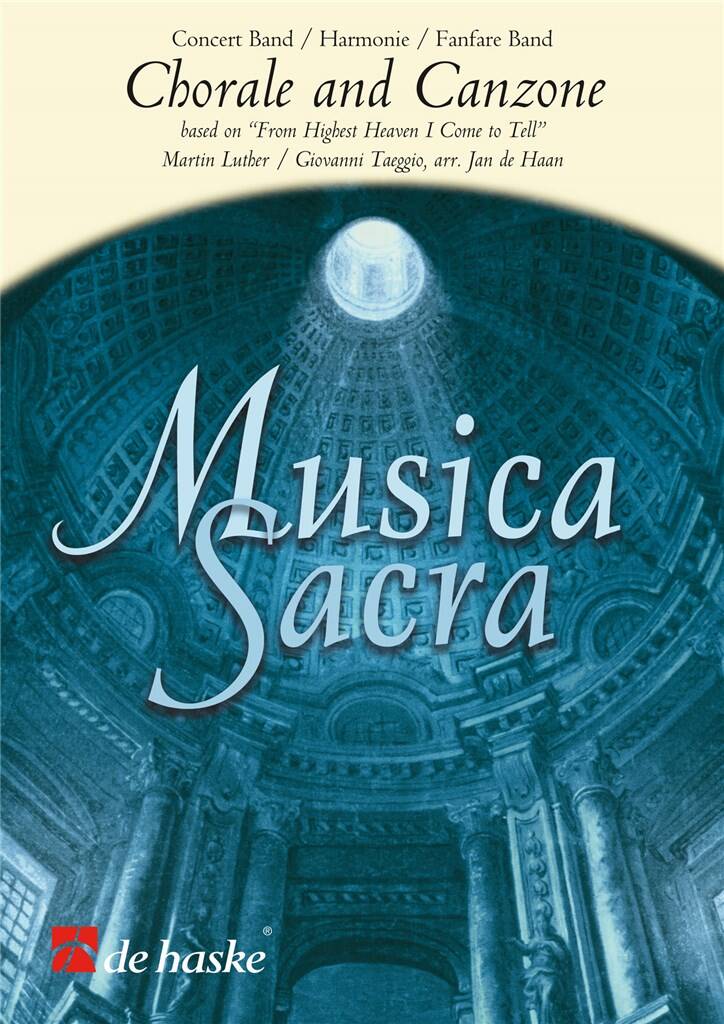 £84.99
£84.99Chorale and Canzone - Hans Leo Hassler
The words and lyrics of the Christmas Carol From Highest Heaven I Come To Tell were written by the great Martin Luther (1483-1546) and can be found in The Hymns of Martin Luther. Martin Luther expressed radical views which began the reformation movement. His followers protested at the treatment given to Martin Luther, the event from which the term 'Protestant' was derived. It was first published in Joseph Klug's Gesangsbuch in around 1535. Add a majestic Baroque feel to any concert with this simple yet effective arrangement.
Estimated dispatch 7-14 working days
-
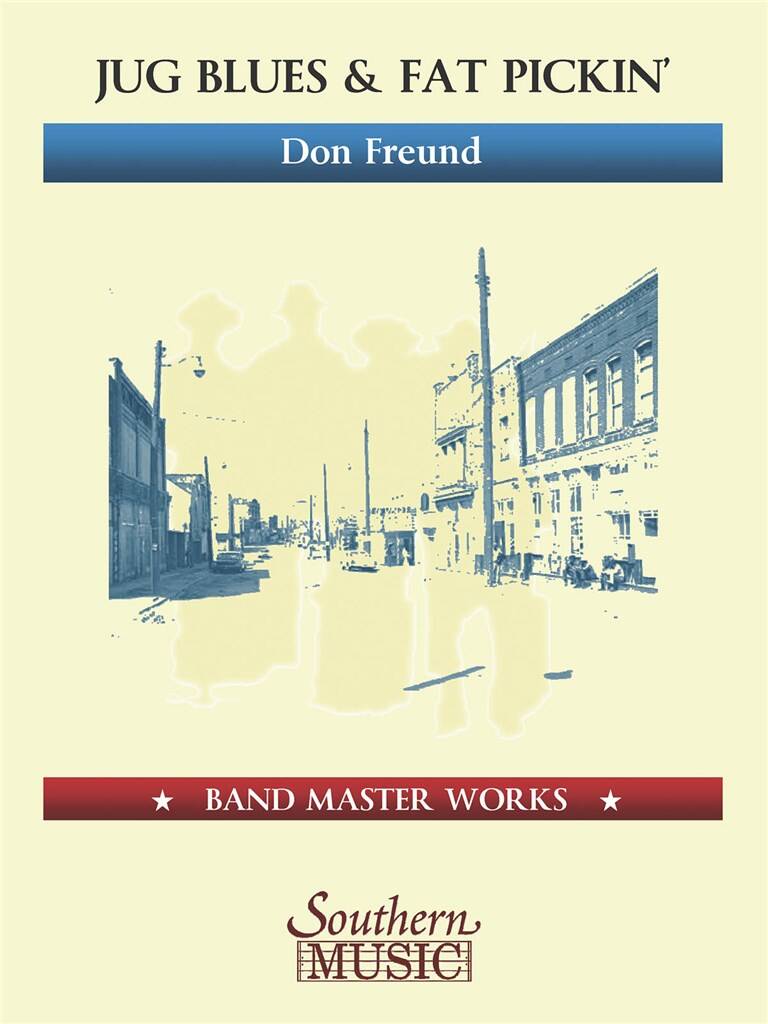 £134.99
£134.99Jug Blues and Fat Pickin' - Don Freund
Originally commissioned for the celebration of Tennessee's Homecoming '86, Jug Blues & Fat Pickin' is inspired by recordings of the Memphis Jug Band, the most recorded and perhaps most popular of the jug bands to spring up on Memphis' Beale Street in the late 1920's, and also bluegrass banjo pickin'. Freund's composition is a unique musical offering that melds blues elements with minimalist technique. (Grade 5) Dur: 8:00
Estimated dispatch 7-14 working days
-
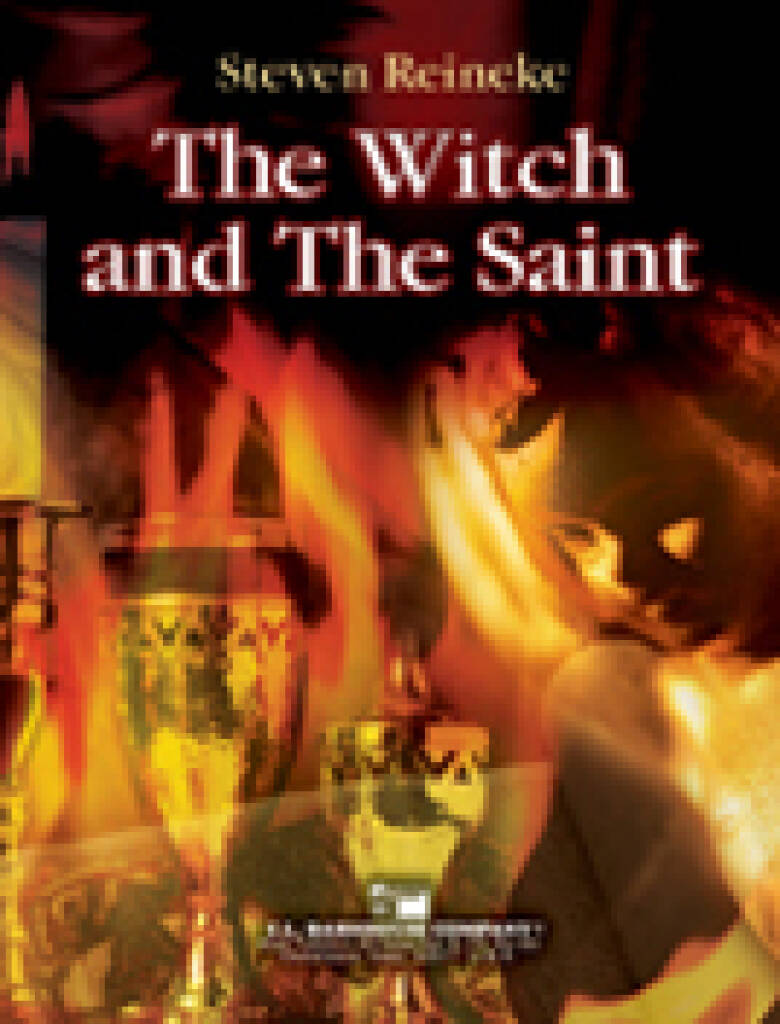 £98.99
£98.99The Witch and the Saint - Steven Reineke
A programmatic ten-minute tone poem for symphonic band in one movement that is constructed in five distinct sections to tell the story of the lives of Helena and Sibylla, twin sisters born in Germany in 1588. Starting out with a Gregorian chant-type motif, Reineke uses all manner of musical sorcery to represent the turbulent lives of these vastly misunderstood women. A major work which is sure to become a favorite of audiences and performers alike! Very impressive!
Estimated dispatch 7-14 working days
-
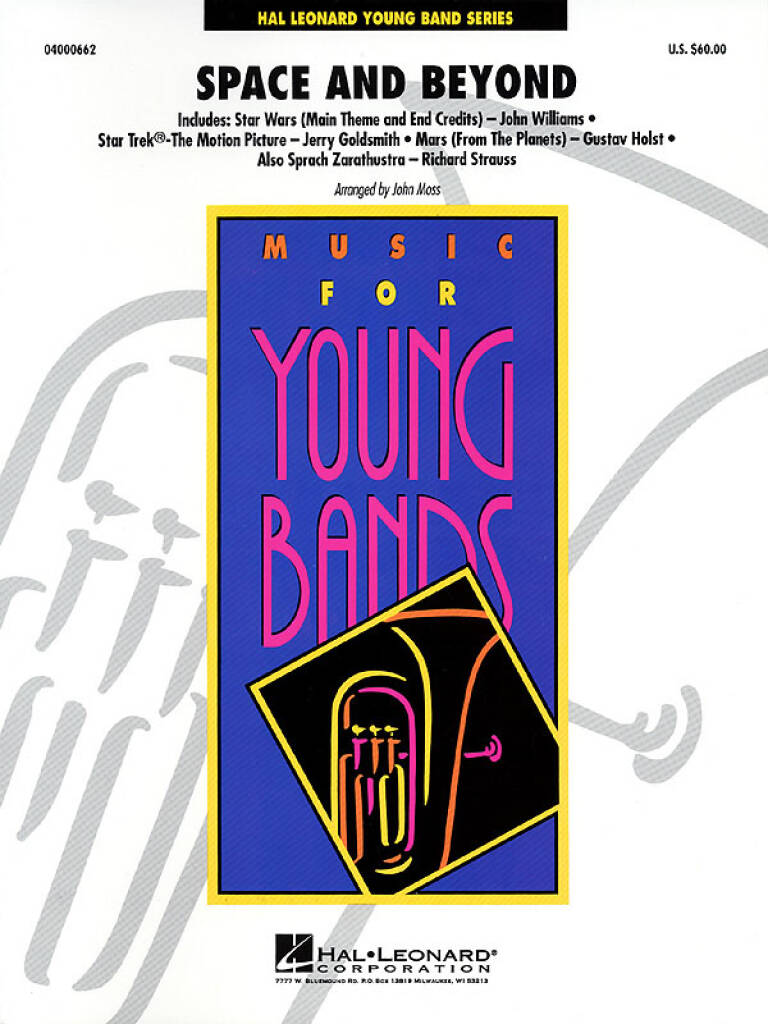 £64.99
£64.99Space and Beyond
As man continues to be fascinated with the world outside his own, here's a new medley that will appeal to all audiences. John Moss' exciting collection includes four of the most recognized themes identified with the world beyond. Includes: Also Sprach Zarathustra, Star Trek, Mars (from The Planets), and Star Wars Main Title and Throne Room themes.
Estimated dispatch 7-14 working days
-
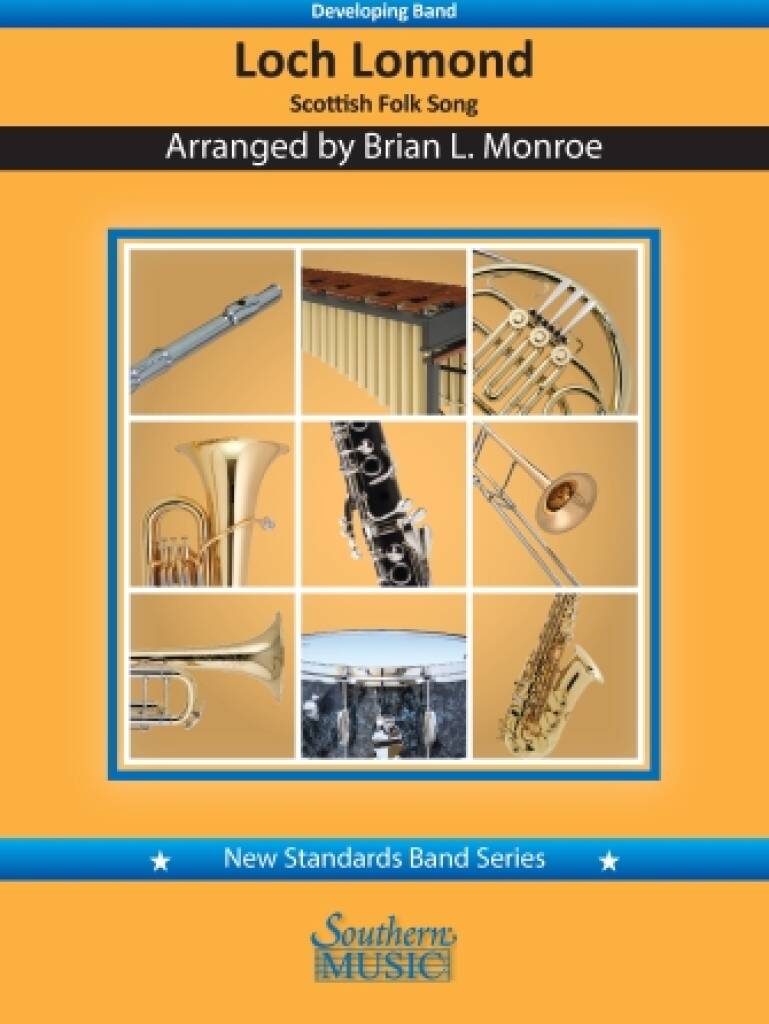 £53.50
£53.50Loch Lomond (Score and Parts)
LOCH LOMOND is a traditional Scottish folk song of remarkable flexibility. This treatment is that of a ballad, so beautiful tone, good intonation, and polished phrasing are of key importance. It is an outstanding work for training the young concert band.
Estimated dispatch 7-14 working days
-
£64.99
Horse and Buggy Band(Second Edition)
Like Anderson's signature piece Sleigh Ride, Horse and Buggy is another example of his extraordinary ability to sketch a nostalgic scene in sound on a small canvas without a wasted motion. Here, a different horse pulls a different vehicle through a vanished landscape of long ago. This exclusive Southern band edition by Mark Rogers reintroduces Anderson's enchanting work to new generations of audiences.
Estimated dispatch 7-14 working days
-
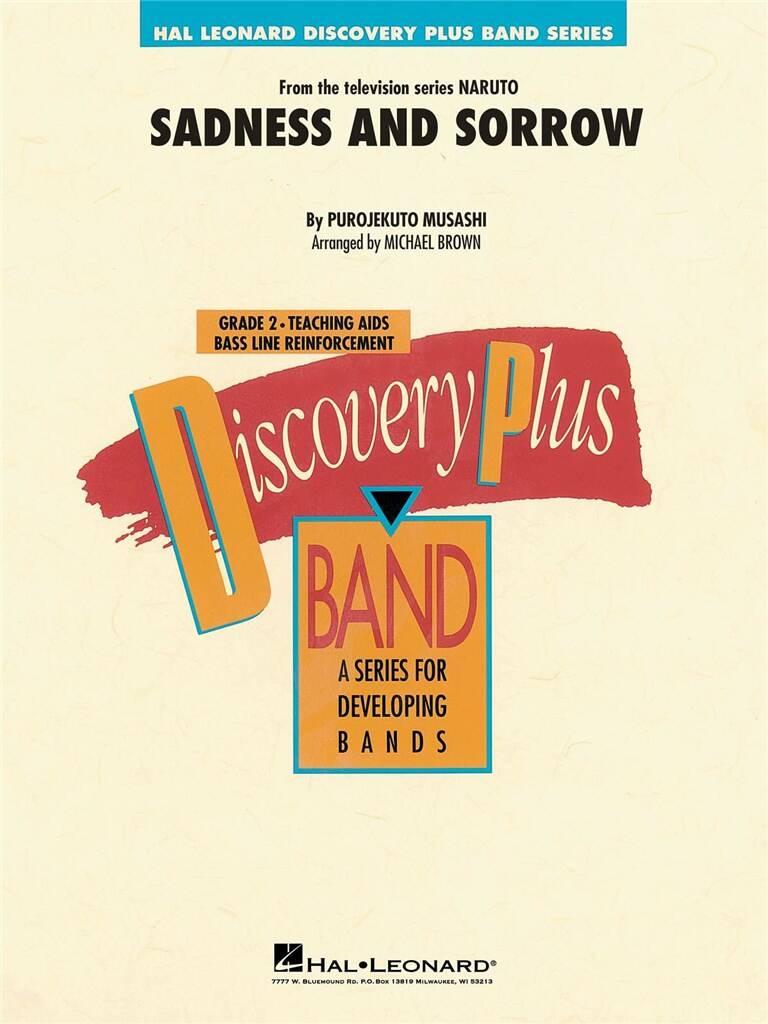 £53.50
£53.50Sadness and Sorrow - Purojekuto Musashi
As fans of Japanese anime will know, this popular ballad from the television series Naruto is filled with emotional depth and poignant beauty. Thanks in part to Taylor Davis' solo violin cover, this tune is now reaching a muchwider audience. Featuring a flute solo on the melody in the beginning then later scored for the full band, here is a sensitive adaptation for younger players.
Estimated dispatch 7-14 working days
-
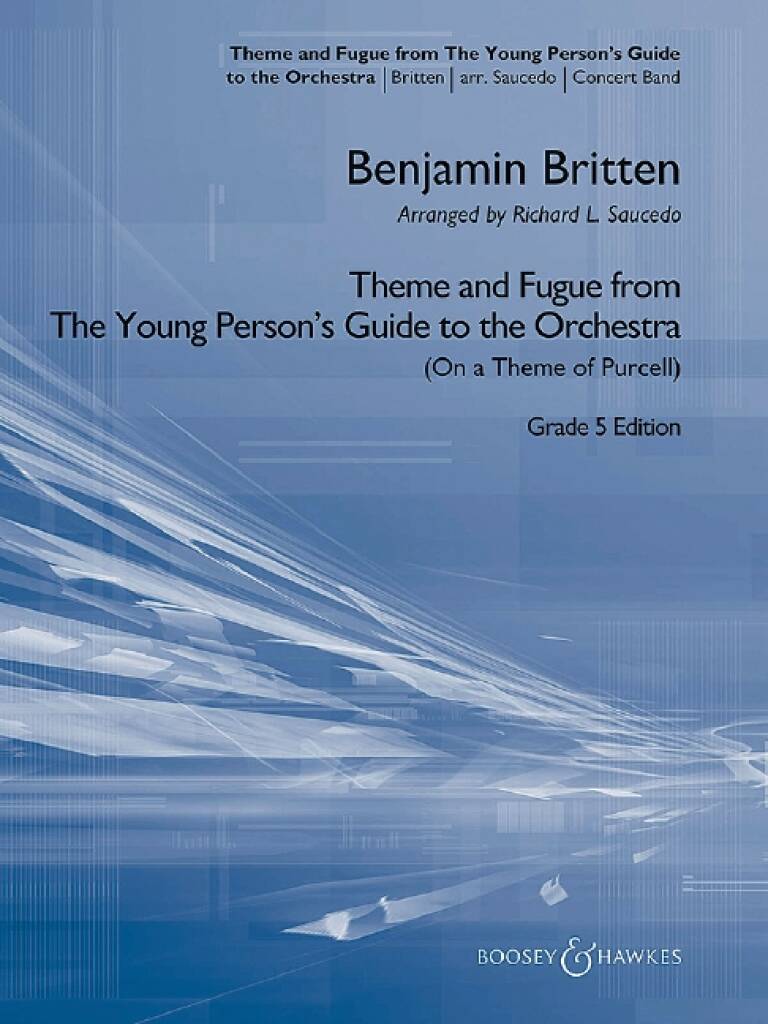 £141.50
£141.50Theme and Fugue - Benjamin Britten
Originally composed to introduce the various instruments of the orchestra, Britten's A Young Person's Guide to the Orchestra follows a set of variations based on a melody by Henry Purcell. In this setting for wind band, Richard Saucedo presents the opening theme followed by Britten's exuberant fugue which culminates in a glorious finale and recap of Purcell's melody. A stunning work for mature ensembles.
Estimated dispatch 7-14 working days
-
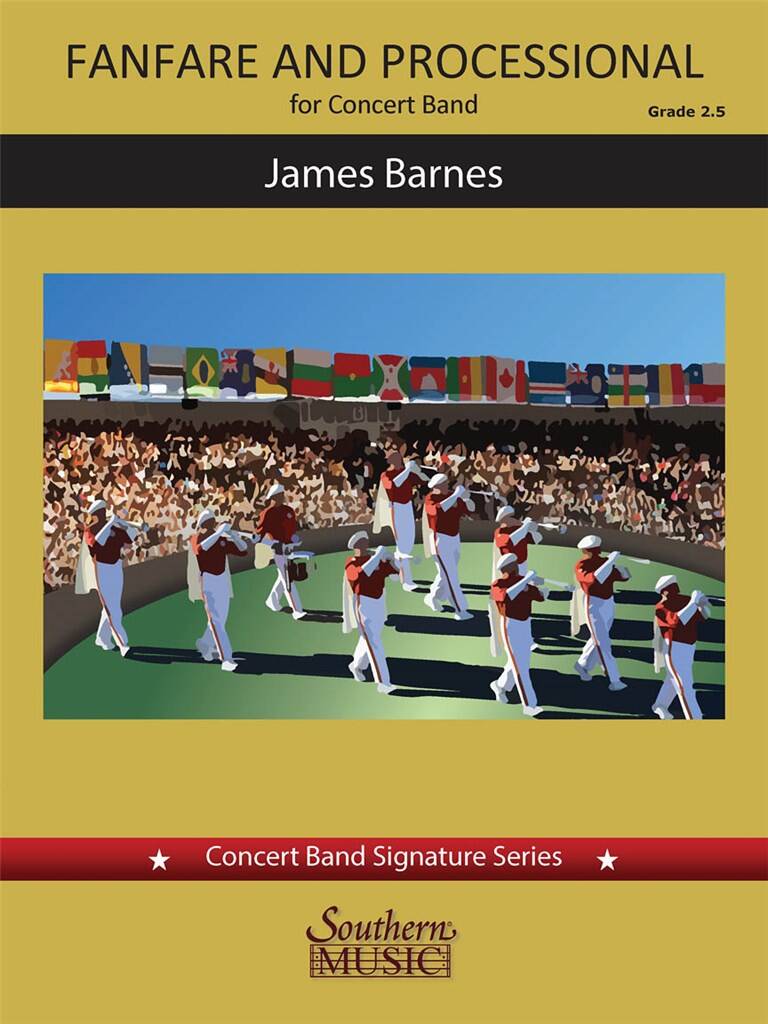 £72.99
£72.99Fanfare and Processional - James Barnes
Fanfare and Processional by celebrated composer James Barnes is a rousing concert opener for younger bands, or may be performed as an occasional piece at ceremonies. (Grade 2.5)
Estimated dispatch 7-14 working days
